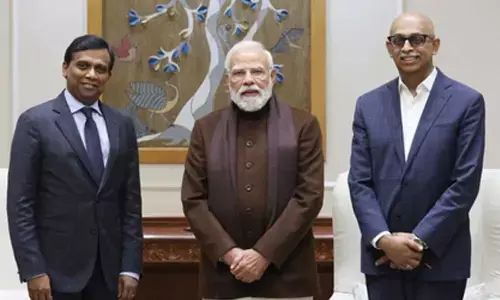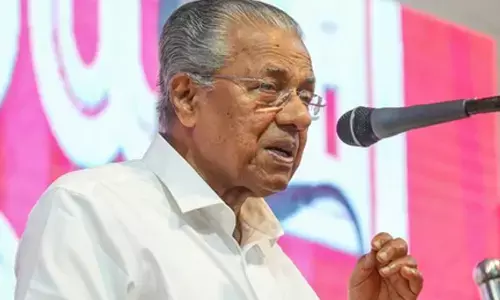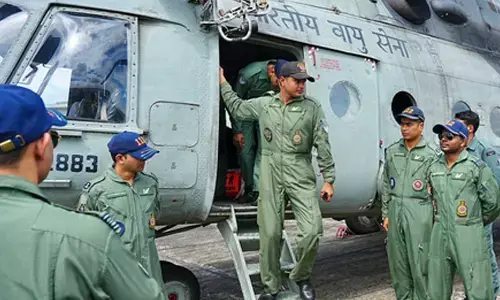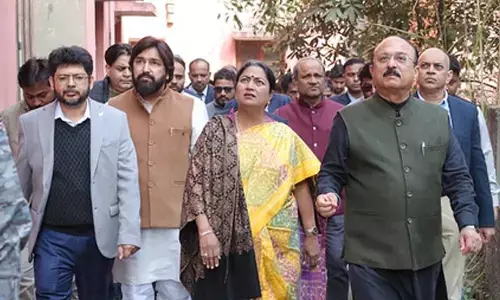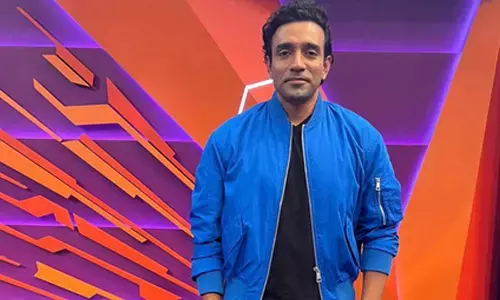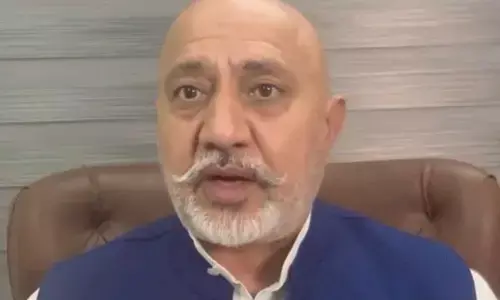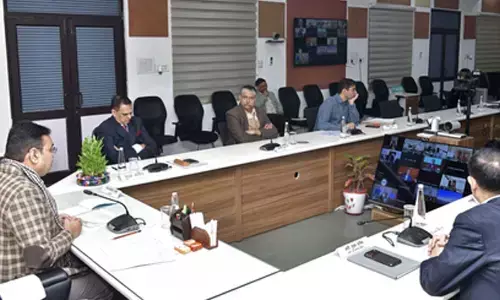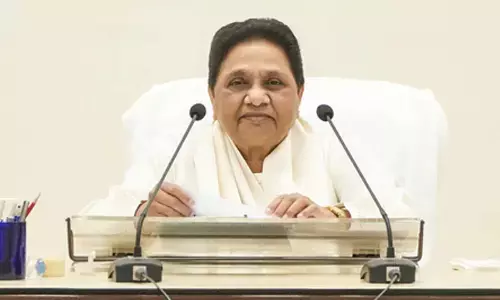Putin's hold on annexed regions likely to turn flimsy
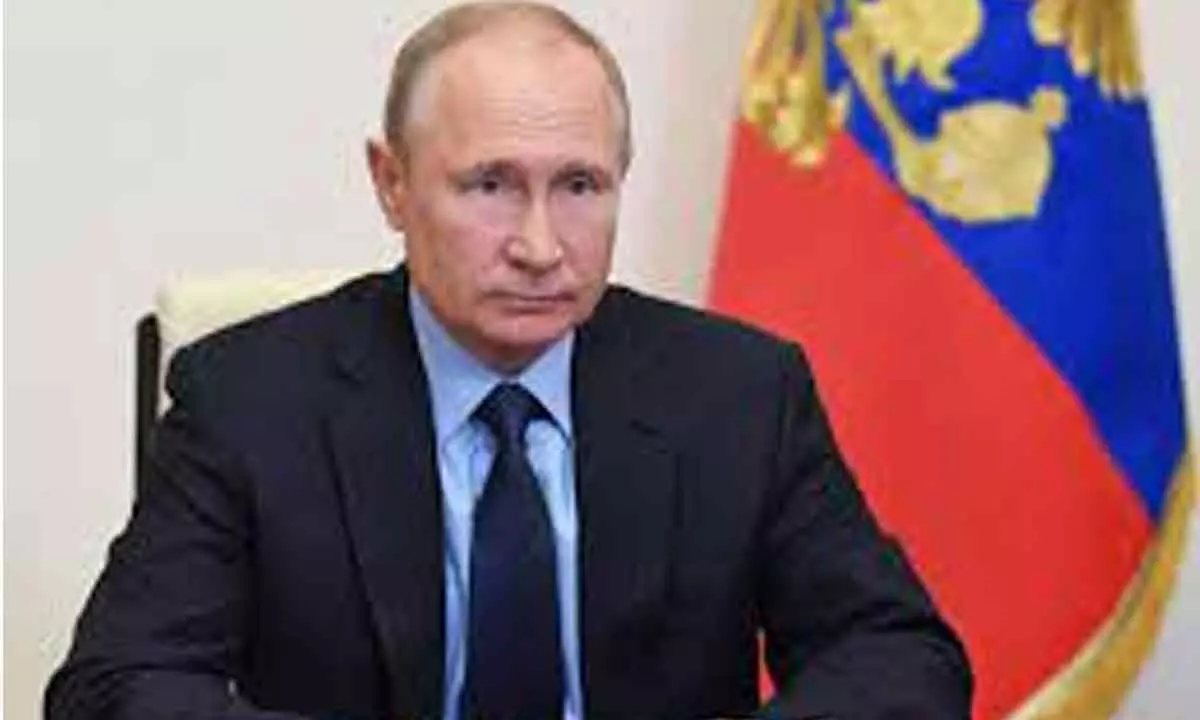
Vladimir Putin
Vladimir Putin has formally signed a treaty annexing four Ukrainian regions into the Russian Federation.
Vladimir Putin has formally signed a treaty annexing four Ukrainian regions into the Russian Federation. The Russian president announced, at a ceremony in Moscow's Red Square, that the incorporation of Luhansk, Donetsk, Zaporizhzhia and Kherson, in the south and east of Ukraine, into Russia is the "choice of millions of people" who share a "common history" with the Russian Federation.
"We call on the Kyiv regime to immediately end hostilities, end the war that they unleashed back in 2014 and return to the negotiating table. We are ready for this," Putin said. "But we will not discuss the choice of the people in Donetsk, Luhansk, Zaporizhzhia and Kherson. That has been made. Russia will not betray them."
What the Russian president didn't make clear was exactly what these newly minted so-called Russian regions actually represent. He recognised breakaway republics in Luhansk and Donetsk in the Donbas region in February, the day before he launched the all-out invasion of Ukraine. But the "republics" covered only part of the oblasts – or regions – these names refer to. Currently, fierce fighting continues across all four annexed regions, including around Zaporizhzhia, the location of Europe's largest nuclear power plant. It is thought that the land grab represents about 40,000 square miles, or about 15% of Ukraine's territory. It has been reported that Russian forces had shelled a civilian convoy in Zaporizhzhia, killing 25 people. There is also heavy fighting around the key town of Lyman in the Donetsk region, where Ukrainian forces are reported to be close to encircling a large number of Russian troops.
Tried & tested charade
The latest annexations follow the model that Russia debuted in Crimea in 2014. First, let your armed backers oversee a "referendum." Given the circumstances, such an event can't be considered free or fair. Second, have unqualified and partisan regime allies from abroad sign it off as free and fair. Third, publicise your suspiciously large democratic mandate for incorporating the territories, dismiss international objections of illegality, and proceed with annexation.
The Putin regime has a long history of cynically using "the law" to justify its actions. As Mark Galeotti, who has written 24 books about Russia and its politics wrote in the Spectator recently, Putin "is a man who would burn down your house, but would issue himself a permit to do so first."
There is some evidence that Russia is tailoring its international messaging for the global south (developing countries in Asia, Africa and Latin America). Since Russia's international broadcaster, RT, was banned or blocked across Europe and North America, it has reoriented its Twitter feed towards India. This reflects Russian politicians' rhetoric in recent years which has painted the country as part of a "rising power" collective that opposes western hegemony. Recent diplomatic efforts aimed at Iran and Putin's appearance at the Shanghai Cooperation Organisation have reinforced this impression. But the idea that Russia is fighting a "colonial" west doesn't stand up to scrutiny.
Russia's messaging about countering hegemony just doesn't ring true. Domestic consumption On the other hand, the annexations might be intended to revitalise a lukewarm domestic population. Russia's state media has faithfully parroted the Kremlin's line throughout the conflict, and dissenting points of view have been ruthlessly crushed. Nonetheless, Russia's biggest shows of support for the war have appeared manufactured, and Putin's mobilisation decree last week has been met with widespread public protests. Again, these public reactions have underlined Russia's colonial mindset.
Many metropolitan, well-to-do ethnic Russians have fled overseas. It appears that ethnic minorities have been disproportionately affected by the mobilisation. It is no accident that heated confrontations between protesters and police have occurred in Russia's north Caucasus region. Ethnic groups that experience poverty and systemic discrimination in the Russian Federation are being sent, untrained and ill-equipped, as cannon fodder to the front.
As my previous research has shown, Russia's national identity – and that of the Soviet Union before it – has traditionally been linked to its claim to military might and heroism. Yet, Putin's war on Ukraine has made clear the inadequacies of Russia's military. There's nothing heroic about sending unwilling and unprepared young men to die in a war of choice. Russia's political elite has believed its own stories for so long that it struggles to believe that the audiences for its claims are rapidly decreasing. Catherine the Great's lover, Grigory Potemkin, is said to have impressed her with the beauty of Russia's villages by constructing 2D painted facades. Perhaps, Russia's confidence when beginning its invasion was because of such an illusory Potemkin military, overhyped by officials unwilling to admit its corruption and decline. But resistance to Russia's occupation remains, and its Potemkin referendums are unlikely to help it turn the tide. Behind the facade, Russia's hold on these illegally annexed territories is likely to be flimsy.








